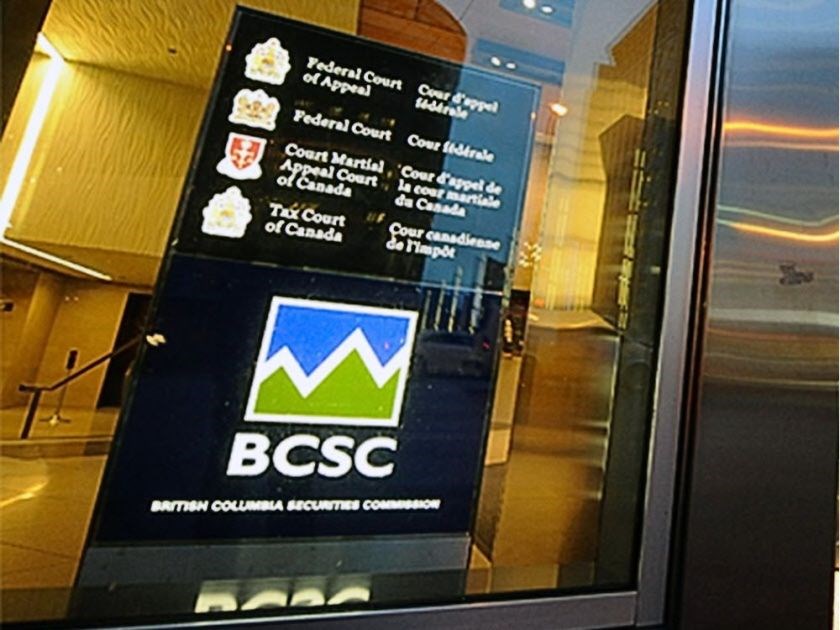Fear of missing out on a good thing may be driving people to make poor decisions with their money, according to the B.C. Securities Commission.
The market regulator said new research suggests fear of missing out, or FOMO, may have investors, especially young ones, thinking social media is a good place to find investment opportunities and that failing to act immediately on a new investment might lead them to miss big wins.
“Results of this new research are particularly concerning because we’ve seen a surge in potentially fraudulent schemes peddled on social media during the COVID-19 pandemic,” said Doug Muir, the commission’s director of enforcement. “We also know that fraudsters put pressure on people to act quickly. It’s important to gather as much reliable information about an investment as you can before putting your money into it, and to not rush into it.”
The commission surveyed more than 2,000 Canadians, including 1,000 B.C. residents to gauge how age and FOMO influence investment attitudes.
The study found the younger you are, the more FOMO you have, with half of B.C. residents between 18 and 34 admitting they experience it compared with just 19 per cent of adults 55 or older. Thirty-eight per cent of B.C. adults under 35, who said they experience FOMO, believed social media to be a good source of investment opportunity. And 41 per cent of those believed that if they don’t act immediately, they might miss a good investment.
The commission said a key sign of investment fraud is time constraint — that an opportunity is exclusive or available only to select people, while in reality most legitimate investments are available to anyone with the money to invest. Another warning sign is rushing would-be investors, telling them they must sign now to get in on the deal.
Muir said over the past year or so, they have started to focus on factors like FOMO that influence investors.
Muir said often investors feel pressured by a variety of factors like trust, panic to make up investment shortfalls, fear of missing out and embarrassment that they aren’t well educated when it comes to investing.
“Many are embarrassed about asking questions — they don’t want to admit they don’t understand and when they also have FOMO that can overwhelm reason,” he said.
To educate people about the risk of letting FOMO drive their investment decisions, the commission is launching a campaign called Hi, My Name is FOMO to explain the importance of doing research before investing and encouraging people to report suspected fraud to the B.C. Securities Commission.
In 2018, research by the commission found that fraud vulnerability is highest among younger people, particularly young women.
Muir said the commission has been very active over the past year dealing with an overall increase in fraud as a result of the pandemic.
“It’s not surprising, fraudsters pick up on the theme of the day,” he said. “Fraud hasn’t changed much, but the particular hook they use to get people changes.”
aduffy@timescolonist.com



